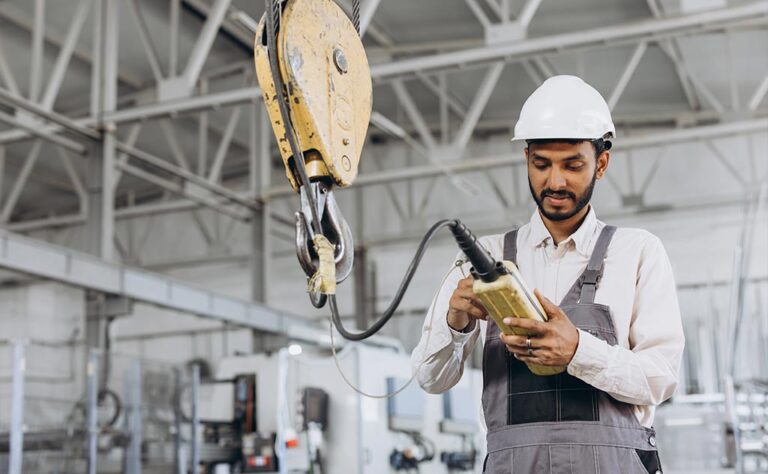Sustainable Practices in Modern Business
Sustainable business practices are used by modern businesses to reduce environmental impact and create positive social impact by creating permanent value for stakeholders.
Modern businesses are recognizing the relevance of integrating sustainable practices into their operations as environmental concerns are at the forefront of global discussions. The business has taken sustainability far beyond mere environmental obligation; it is now a vital factor that benefits the planet at its core.
Creating business value through consumer-led sustainability
One of the dominant drivers behind taking on sustainable practices is the expanding awareness among consumers. In this modern age, customers are more knowledgeable and environmentally conscious than ever before, demanding that the companies they support share their values. Welcoming sustainable practices into businesses can not only meet these expectations but also build a positive trademark that reverberates with a socially and environmentally conscious consumer base.
Investing in sustainable operations has financial benefits
Besides, sustainable practices lead to functional proficiency and cost investment funds. Organizations are progressively perceiving that reducing waste, improving energy utilization, and embracing eco-friendly advances can bring about significant monetary advantages. For example, taking on environmentally friendly power sources reduces an organization’s carbon footprint as well as provides a solid and financially savvy energy supply over the long haul, protecting organizations from the instability of conventional energy markets.
The importance of sustainable practices in mitigating risks
Sustainable practices likewise assume an essential role in managing risks. Organisations that work with an environmentally friendly attitude are better suited to explore administrative changes, and they are moderately likely to face legal difficulties. Governments all over the world are establishing stricter ecological guidelines, and organisations that are fulfilling these guidelines are more averse to confronting difficulties, thus ensuring their long-term feasibility.
The Collaborative Drive Towards Environmental Innovation
The world is confronting many significant difficulties and patterns, including the coronavirus pandemic, environmental change, increasing population, water shortages, and contamination. Strategy producers concur that the answers to these difficulties lie in innovative techniques in every business.
Partnerships, or collaborations, are one more key part of maintaining sustainable practices. In an interconnected worldwide economy, organizations are progressively perceiving the significance of cooperating to address ecological difficulties.
Collaborations between organizations, NGOs, and legislative bodies can prompt creative arrangements that benefit both businesses and the planet. Shared assets, information, and skills can speed up progress toward sustainability objectives and have an aggregate effect that individual elements might struggle to accomplish all alone.
The impact of sustainability on employee engagement and retention
Notwithstanding outside factors, a commitment to sustainable practices can positively affect employee engagement and maintenance. The advanced workforce, especially those of younger ages, is more disposed to work for organizations that align with their vision. Organizations that focus on sustainable practices draw in top talent as well as encourage a feeling of responsibility and purpose among their employees, prompting expanded work fulfillment and efficiency.
Aevas Group Leading the Way in Sustainable Business Practices
Despite the outer elements, a responsibility for sustainability can have a profound impact on employee engagement and maintenance. Aevas Group, a pioneer in taking on sustainable practices, epitomizes this responsibility by drawing in top talent as well as cultivating a significant sense of direction among its workers. In alignment with the upsides of the modern workforce, especially the more youthful generations, Aevas Group has created a work environment where sustainability isn’t simply a practice but a common ethos. This has prompted expanded work fulfillment and elevated efficiency; displaying a ground-breaking way to deal with sustainability can change a business and its ability to improve things. As Aevas Group keeps on setting the norm for naturally capable business tasks, it fills in as a reference point, inspiring others to stick to this same pattern in their journey towards a more sustainable future.




What do you think?
This strategic reallocation of resources can help companies create a significant competitive advantage.